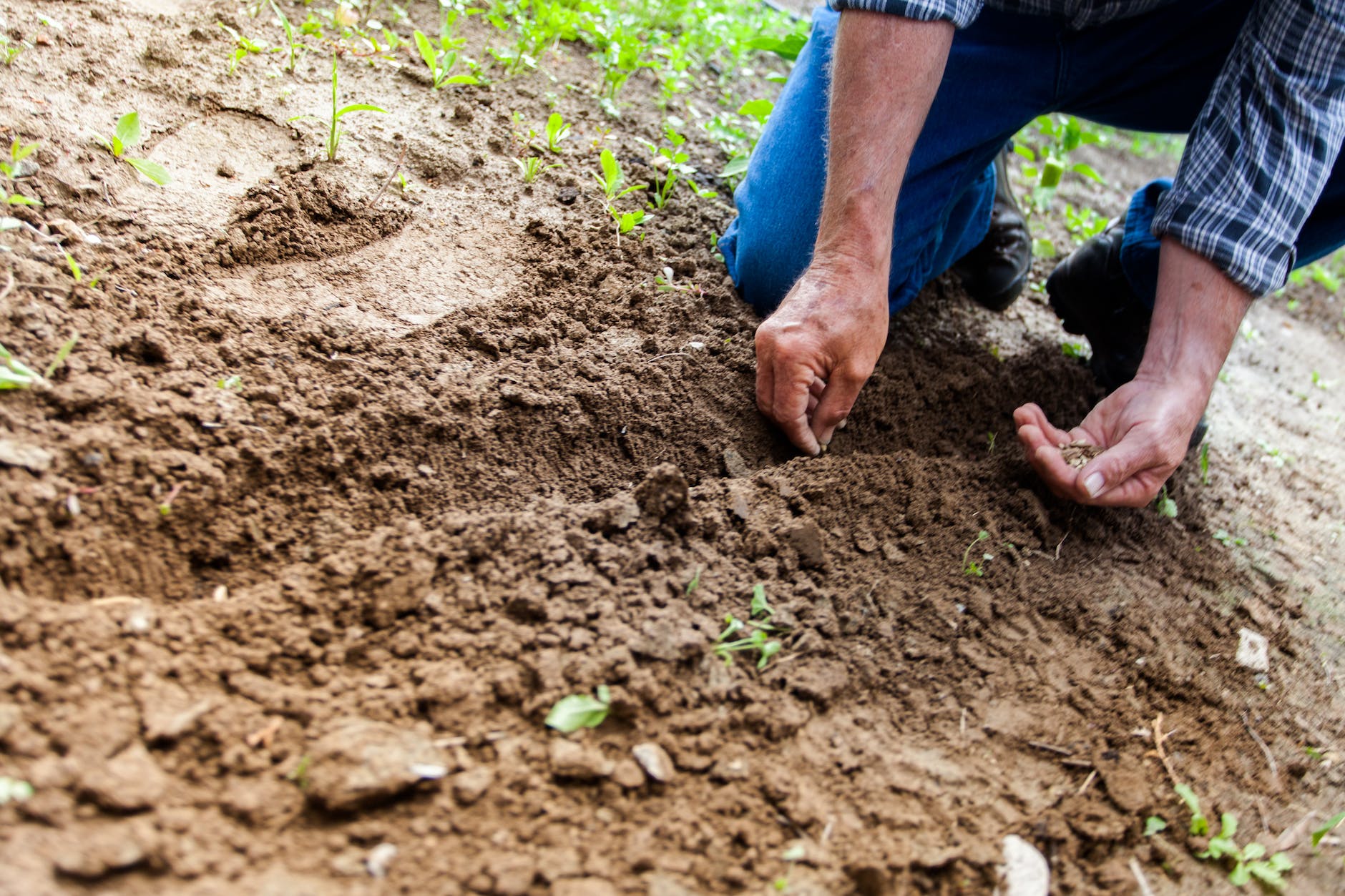As sandpaper grit makes the hardest wood smooth, so does pressure make diamonds.
Here’s an uncomfortable truth: I don’t really see myself as a good writer. More often than not I feel like I have imposter syndrome. Sometimes it takes me a while to finish a piece because I get writer’s block. And I also get bouts of procrastination. My last bout lasted more than a month and I wasn’t able to write at all.
But here we are and you are reading what I wrote. I attribute it to grit. Have enough grit to cause friction and spark, and eventually, you can light a fire. How many times have you encountered this? You only need to go through the motions, and eventually, momentum drives you forward. This fire motivates you, brings you to the zone, and finally helps you to finish.
Through the years, I found that grit helped me break through lots of challenges. Talent alone can not surpass hard work and grit. Once you’ve persevered and broken through your old limits, you will find that you’ve increased your capacity. The old problems you’ve encountered are not as difficult as before. And you’ve gained the confidence to go further.
Achieving a Growth Mindset
I find that having grit also leads you to cultivate a growth mindset. Having a growth mindset means you are not afraid to fail. You push to start, to fail so that you can learn and grow. The focus is to make personal improvements through mistakes. This is grit, weaponized.
Having this kind of mindset is also being kind to yourself somewhat, as you don’t dwell on your failures and you are not giving in to resignation and self-hate. Frustration is natural, but it is part of growing pains.
The opposite of this is the fixed mindset, where you believe that everyone has an innate amount of talent, intelligence, and other qualities and this does not change. This is unfortunately quite common, as mediocrity is also common. We see this when people say “Oh math is hard, so I won’t study it so much.” or “I don’t think I’m good enough to try.”
However, giving up does not mean we’re not in a growth mindset. We can still give up on a task, but in the process, look at it from a different perspective. We should remember that comfort zones should not be static forever and we should embrace challenges to grow out of those zones.
This is why to cultivate a growth mindset in others, especially children, we should praise their efforts, rather than their results. I find that the Japanese expression “Gambatte” (“do your best”) perfectly encapsulates this.
Other Growth Mindset Compatible Philosophies
Reading around, I’ve since found out about other philosophies that revolve around resilience, grit, and growth:
- Wu wei: this philosophy preaches that work should let things happen the way they happen; the focus is to be grounded enough that stress should not bother you in your pursuit to achieve your goals
- Stoicism: a philosophy centered around mastering oneself — that the ultimate thing that you can change is the way you think and feel about a situation, rather than controlling the situation itself
- Antifragility: this is the state of mind that grows and flourishes in stress and challenge — think Hydra, when a head is cut, two grow in its place
These are some short examples, and they all definitely deserve deep-dive posts of their own in the future.
Wrapping Up
Blood, sweat, and tears make the journey more meaningful, and grit is what makes it happen. Grit helps cultivate a growth mindset in us. You can only grow by not settling down in your comfort zone.
Don’t also forget to cultivate it to others by praising their effort, rather than their result. Be encouraging despite many mistakes.

3 thoughts on “From Grit to Growth”
Comments are closed.